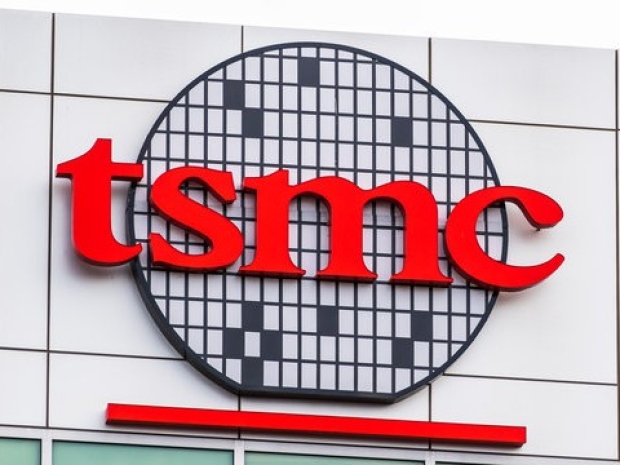At the firm’s annual shareholder meeting in Hsinchu, Chief Executive C.C. Wei told investors that tariffs, including those tied to the US–China trade brawl, are mostly absorbed by importers. He cautioned that broader economic fallout could dent global demand, which would in turn hit TSMC indirectly.
TSMC’s biggest customers, including the Fruity Cargo Cult Apple and Nvidia, have felt pressure on their supply chains thanks to Washington’s erratic trade policies. Even so, Wei made clear that AI demand is more than picking up the slack.
“AI will be something you absolutely can’t live without in the future. As long as there’s demand for AI, TSMC will always be a great company with a really promising outlook,” he said.
Figures from DigiTimes back up the optimism. Taiwan’s foundry sector, including TSMC, has seen solid growth in the second quarter. Smartphone processor shipments have recovered, and buyers are reportedly stockpiling chips to get ahead of any tariff changes.
On the ground, though, not everything is rosy. Protesters gathered outside the shareholder meeting, holding banners that criticised a series of worker safety incidents going back to 2019. Wei responded with an apology, saying, “Life is precious, and public safety is paramount to us.”
He batted away shareholder concerns about overseas IP theft. “It cannot be stolen,” he said flatly, arguing that the scale and complexity of TSMC’s technology make it impossible for anyone to replicate or smuggle out in any meaningful way.
Wei pointed to the thousands of engineers behind each new development and explained how new tech is always first deployed in a central “mother fab” in Taiwan before any international roll-out. He claimed it takes hundreds of engineers just to train and build up production lines overseas.
On rumours that TSMC could be eyeing the Middle East for a new facility, Wei dismissed the idea outright. “Do you think it’s possible to have customers in the Middle East?” From what I can see, it’s not that easy to build up a semiconductor industry there.”
Even in Taiwan, he noted, getting a new fab up and running takes at least two and a half years. Building anything from scratch in a nascent region would be far harder.
As for the US operations in Arizona, Wei said the main bottleneck is a shortage of experienced workers. He recounted a conversation with Donald Trump, where the former president asked whether TSMC could deliver its $100 billion US investment within five years. Wei replied it would be “very difficult.” Trump’s answer was “Mr Wei, do your best.”




